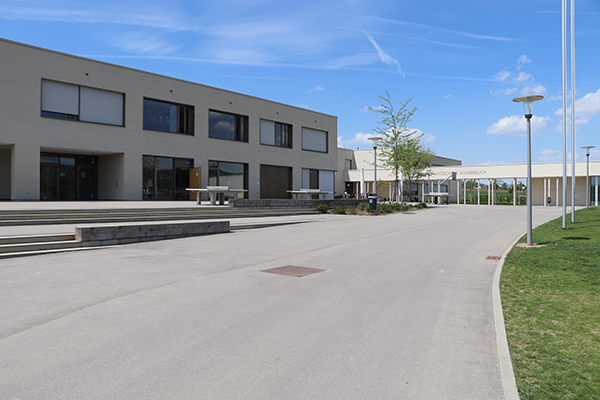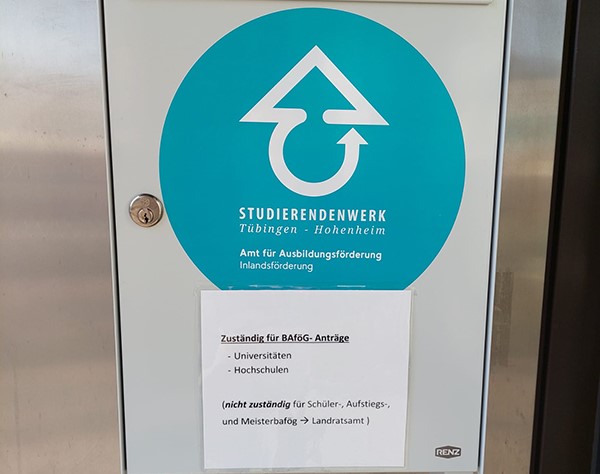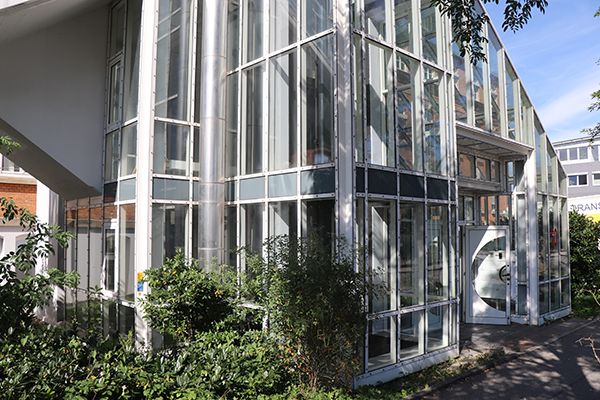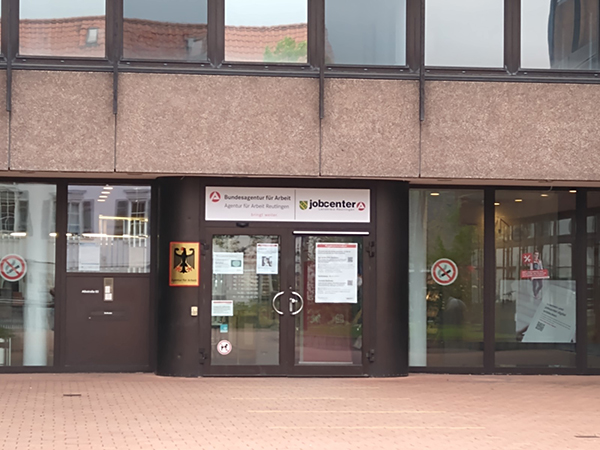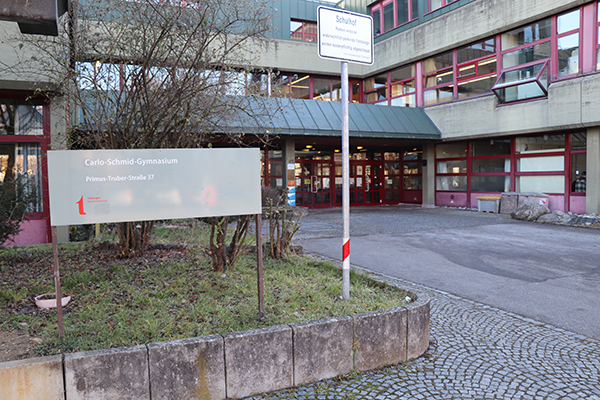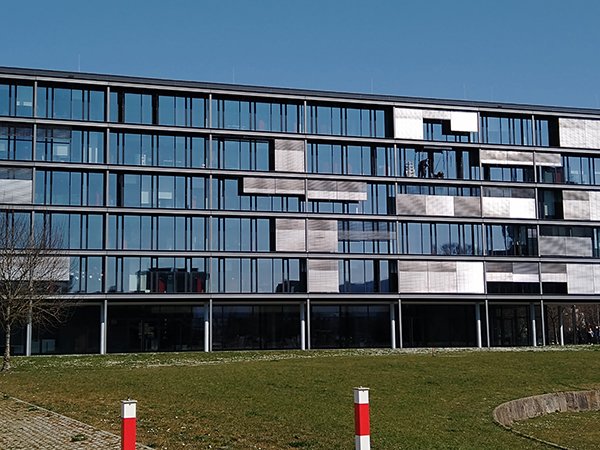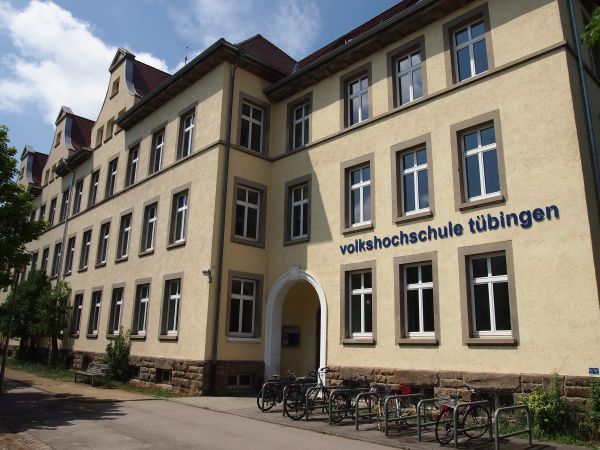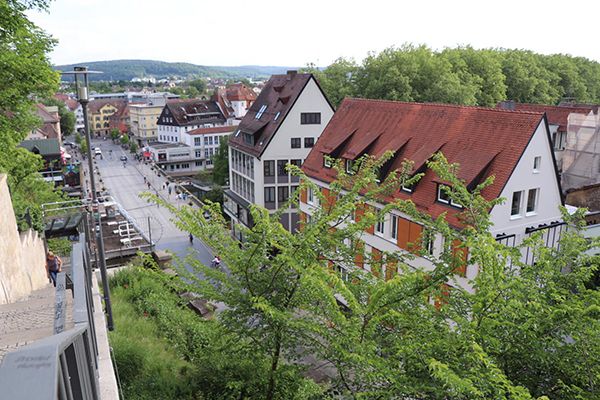“You won’t pass in the Secondary School Certificate (Abitur), anyway” this comment was told to a Syrian high school student by a teacher in the district of Tübingen. The student felt that she was subject to discrimination, yet she did not want to be discouraged. In another case, a mother of a fifth-grader in the district of Tübingen was shocked to know that her son was excluded from the class trip. According to the teacher, his lively behavior endangered other children. The mother did not accept this reason and tried to talk to the teacher, but the teacher overreact. Therefore,… Read More
Category: 5-LEARNING -ENG
Bafög for refugees from Ukraine
As of June 1, refugees from Ukraine can apply for financial support for schooling, vocational training or studies under the Federal Training Assistance Act (BAföG). The Bafög application for studies can be submitted to the relevant student services, and for school-based training to the relevant district offices. Refugees with a residence title or a corresponding fictitious certificate are eligible for Bafög. Applicants must be under 30 years of age at the start of the grant, although there are exceptions for second-chance education and people with children under 14. If refugees from Ukraine continue their studies online in Ukraine, they are… Read More
Café Sozial offers space for encounters
Refugees of all nations and Tübingen residents can meet at the Café sozial. The café is located on the first floor of the social services department of the Tübingen city administration at Derendinger Straße 50, where the “International Encounter Café” is held every Monday from 3:30 to 5:30 pm. Guests can make new contacts over coffee, tea and pastries, the city said in a press release. There are also offers of information and assistance, as well as a games corner for children. Every Tuesday from 5:30 to 7 p.m., the “Lern-Café” opens with tutoring by volunteers in learning German. The… Read More
Grant for the recognition of foreign professional qualifications
Anyone who wants to have professional qualifications acquired abroad recognized in Germany and does not receive financial support from the Employment Agency or the Job Center can apply for a recognition grant. The grant is aimed at employees who have lived in Germany for at least three months, work below their completed qualification and have a low income. In addition, they may not receive financial support for the recognition process from other support programs. Low-income earners include persons who earn less than 26,000 euros gross or, together with their spouse or partner, less than 40,000 euros gross per year. The… Read More
Learning Café gets going
The Lern-Café-Tübingen starts from April 26th every Tuesday from 17:30 to 19 o’clock in the Café Sozial (Tübingen, Derendinger Straße 50). The Lern-Café Tübingen is a project of the association Menschlichkeit Ulm e.V. At the Lern-Café, people of all nationalities who are in a language course, in vocational school or on their way to university receive tutoring that is individually tailored to their language level. For more information about the Lern-Café go to: https://menschlichkeit-ulm.de/wp-content/uploads/2019/06/flyer-lern-caf%C3%A9_06-2019.pdf Registration for students: https://form.jotform.com/220962525700350 Registration for helpers: https://form.jotform.com/220963263113348 tun22041901 Der Fachbereich Soziales der Stadt Tübingen ist ab Oktober 2021 in der Derendinger Straße 50, 72072 Tübingen… Read More
Final exams at schools: more time and additional tasks
The final exams at schools are running a little differently this year, too. The reason is the Corona pandemic. The total time for completing the tasks will be extended. In addition, graduates can choose among additional exam tasks. The Ministry of Education assures students “fair conditions this year as well,” said Minister Theresa Schopper in a Ministry press release. In concrete terms, this means that for exams with a total working time of 180 minutes or more, there will be an additional 30 minutes. If the total working time is shorter, 15 minutes extra are added. However, this does not… Read More
Speed dating for apprenticeships
35 companies from Tübingen and the surrounding area are looking for apprentices for the years 2022, 2023 and 2024. The companies from all kinds of sectors will present themselves at the speed dating day on Tuesday, April 12, at Tübingen’s Sparkassen Carré. Students who are looking for an apprenticeship, a dual study position or a place for a voluntary social year (FSJ) can register online until Friday, April 1, at www.azubi-speed.de. Afterwards they see the offers and short portraits of the enterprises, which fit to their school conclusion and the beginning of the training. Prospective students can select up to… Read More
First Orientation Course at the Adult Education Center Tübingen
The Volkshochschule Tübingen offers a “First Orientation Course – Welcome to Tübingen!” in March on one morning and one afternoon date. The free course is aimed at refugees aged 18 and older who are still in the asylum process and do not come from a safe country of origin. Those who have only been in Germany for a short time will find help in this course to orient themselves in everyday life and can gain a basic knowledge of the German language. Topics of the course include health and medical care, orientation and local characteristics, German culture and values, as… Read More
Free courses for women
The Tübingen Family Educational Centre (FBS) is offering open intercultural courses free of charge from October onwards. The course “Fit & Fun for the Family” is designed to encourage women to exercise and thus strengthen their health. It also addresses topics such as healthy eating. In a sewing project on nine dates, women learn the basics of sewing. The sewing room at the FBS is equipped with good machines and materials, according to the FBS. The courses can be found on the homepage of the Family Educational Centre www.fbs-tuebingen.de under “Projects and Open Meetings”. Because of Corona, interested people have… Read More
Automatically learning a foreign language through television
By Michael Seifert Germans do not speak English well. This is the result of a comparative European study: According to it, only 40 per cent are able to hold a simple conversation in English, while in the Netherlands and Scandinavia it is over 80 per cent of the population. Some experts explain the poor performance by the fact that Germany is a “dubbing country”, i.e. English-language films are dubbed into German for television and in the cinema, while in other countries they are broadcast in the “original with subtitles” (OmU). This would “automatically” make people who see these films better… Read More

